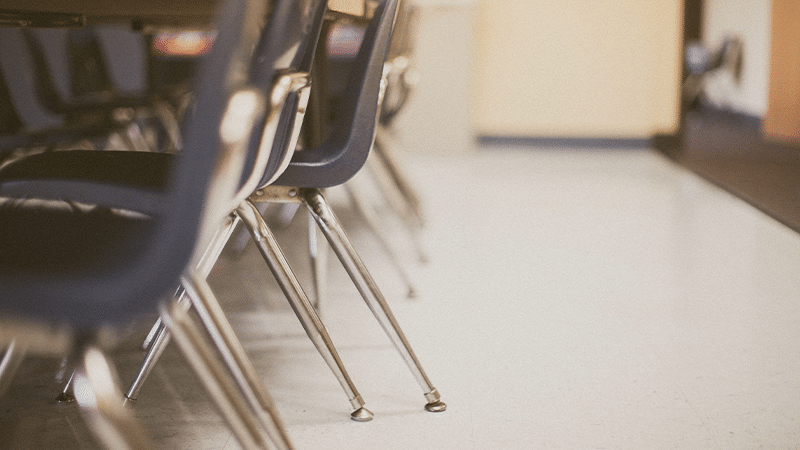Children as young as eleven will be told that people can be ‘gay, lesbian or bisexual’ under the Republic of Ireland’s updated Primary School Curriculum.
The Department of Education has divided the curriculum into five areas. While learning about Relationships in the area of Wellbeing, children in fifth and sixth classes will, “Begin to understand sexual orientation as describing attraction to someone of a different gender, the same gender, or more than one gender.”
The curriculum claims that it wants children to “appreciate the diversity of relationships and families”, by teaching them that “people can be attracted to someone of a different gender (heterosexual), the same gender (gay or lesbian), or more than one gender (bisexual)”. But pro-family group the Iona Institute noted that there is no explicit mention of marriage.
‘Ideology’
The Iona Institute highlighted that the curriculum’s wording “marks a shift: sexual orientation is now defined in terms of gender, not sex. Why then is it called ‘sexual’? Gender as a category is not tied to objective biology but to social or psychological identity, which is subjective and fluid. Also, what does ‘more than one gender’ mean?”
Speaking in Dáil Éireann, Independent Ireland TD Ken O’Flynn said: “Across the country, parents are alarmed at the attempt to slip gender ideology into the new primary school curriculum under the label of “well-being”.
“At a time when children face many challenges in growing up, it is reckless to add confusion and division into the classroom. Schools are meant to give stability, not be a laboratory for ideology. With regard to the reality of biology, it is a fact, to my mind, that a male is a male and a female is a female. Parents want clarity on this, not ideology.”
In response, Minister for Education and Youth Helen McEntee defended the curriculum, adding: “We are very clear that we recognise, as we should, same-sex couples and relationships and that is what we will be speaking to young people about.”
Right of withdrawal
Under the Education Act 1998, parents have right of withdrawal from “instruction in any subject which is contrary to the conscience of the parent of the student”.
The Wellbeing Specification’s Frequently Asked Questions emphasise: “Parents are recognised as the primary educators of their children and are valued partners in the education process.
“Schools are encouraged to engage openly with parents who have concerns about aspects of the curriculum. Parents who wish to withdraw their child from particular elements of Wellbeing are advised to meet with their child’s teacher and/or school principal to discuss their concerns.”
Schools must start implementing the new curriculum for the 2026/27 academic year, choosing one of the five areas to be introduced each year. The Wellbeing section must be addressed within three years.
SPHE
Earlier this year, a concerned mum warned that the Government’s revisions to the Social, Personal and Health Education (SPHE) curriculum risked children being taught ‘ideologies not facts’.
Sandra Adams feared that SPHE linked resources promoting transgender ideology would expose children to contentious and harmful ideas being presented as scientific truths.
Changes to SPHE have already taken place for pupils who started Junior Cycle in September 2023. For Senior Cycle, the changes began in September 2024 and are to be implemented for Year 5 from September 2027. Some Primary schools will start teaching the new SPHE curriculum in September 2026.
The Christian Institute’s guide to SPHE for Christian parents provides good educational and legal reasons why schools must not promote transgender ideology, setting out clearly what parents, grandparents and others can do to help ensure schools make good decisions.
![]()
Trans activists push Irish Govt to endorse radical agenda
Sport Ireland was warned trans involvement ‘threatens future of women’s sport’

